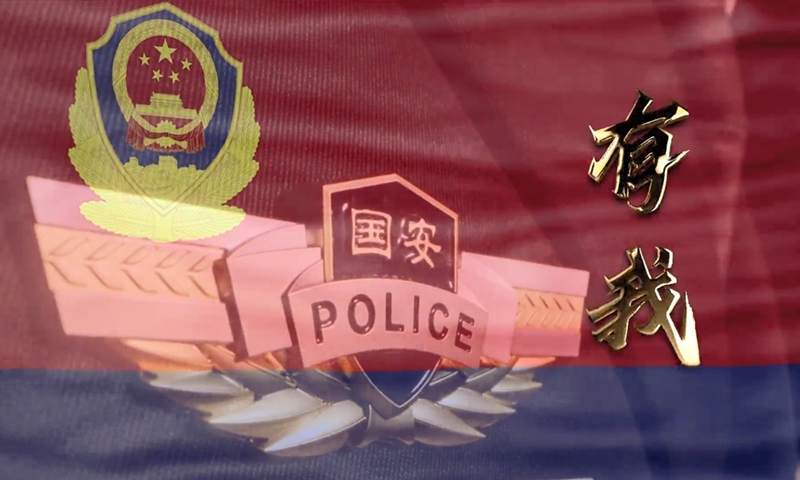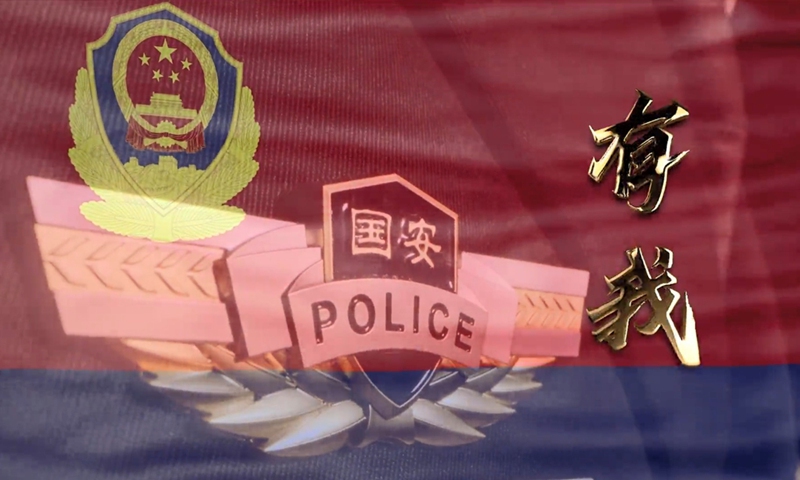State security authorities disclose espionage case involving Chinese scholar providing sensitive data in exchange for intl publication opportunities

Chinese Ministry of State Security
China's Ministry of State Security (MSS) on Sunday disclosed an espionage case involving a Chinese university scholar provided sensitive data to a foreign nongovernmental organization in exchange for opportunities to publish papers in internationally renowned journals to boost his academic reputation.
Some foreign organizations and individuals have in recent years carried out intelligence theft activities targeting key areas such as China's economy, public welfare, and science and technology, meanwhile certain individuals within the country with weak awareness of the rule of law and state security illegally transmitted sensitive data abroad for personal gain, posing a serious threat to national security, said the MSS.
According to the MSS, a young scholar surnamed Li from a university took the initiative to contact a foreign nongovernmental organization, offering internal data in exchange for chances to publish in prestigious international journals to boost his academic profile. The state security agency detected the issue and took immediate measures, eliminating potential risks and safeguarding the security of state secrets.
Li met a foreign academic referred to as K, who was affiliated with an overseas nongovernmental organization, through an intercollegiate exchange program.
In private discussions, Li learned that K had close ties with several internationally renowned academic journals and had access to special publication channels, which sparked Li's interest in collaborating with K on publishing papers in these journals. Li believed that such publications would help accomplish research tasks and elevate his standing among colleagues.
Li subsequently emailed K, detailing his personal background and highlighting the data resources he had access to through a university-enterprise collaboration project. He also expressed a strong desire to co-author a publication.
K responded that collaboration could be considered but requested Li to gather specific data held by the enterprise involved in the university-enterprise collaboration project. Eager to achieve his publication goal, Li agreed without hesitation.
While collecting the data, Li discovered that the information K had requested was classified and sensitive, involving a key sector in China. The company also had strict data management policies explicitly prohibiting the leakage of such information. Li informed K of this, but K continued to insist on receiving the data.
To pursue his so-called academic achievements, Li then used personal connections to arrange an internship for his student, surnamed Zhang, at the company. He then privately instructed Zhang to illegally collect and analyze sensitive data held by the company in line with K's requests.
After gathering sufficient evidence, state security authorities, in coordination with the university and the company, intervened to stop Li and Zhang from transmitting classified data abroad, thereby eliminating the potential risk of a state secrets leak.
Global Times

